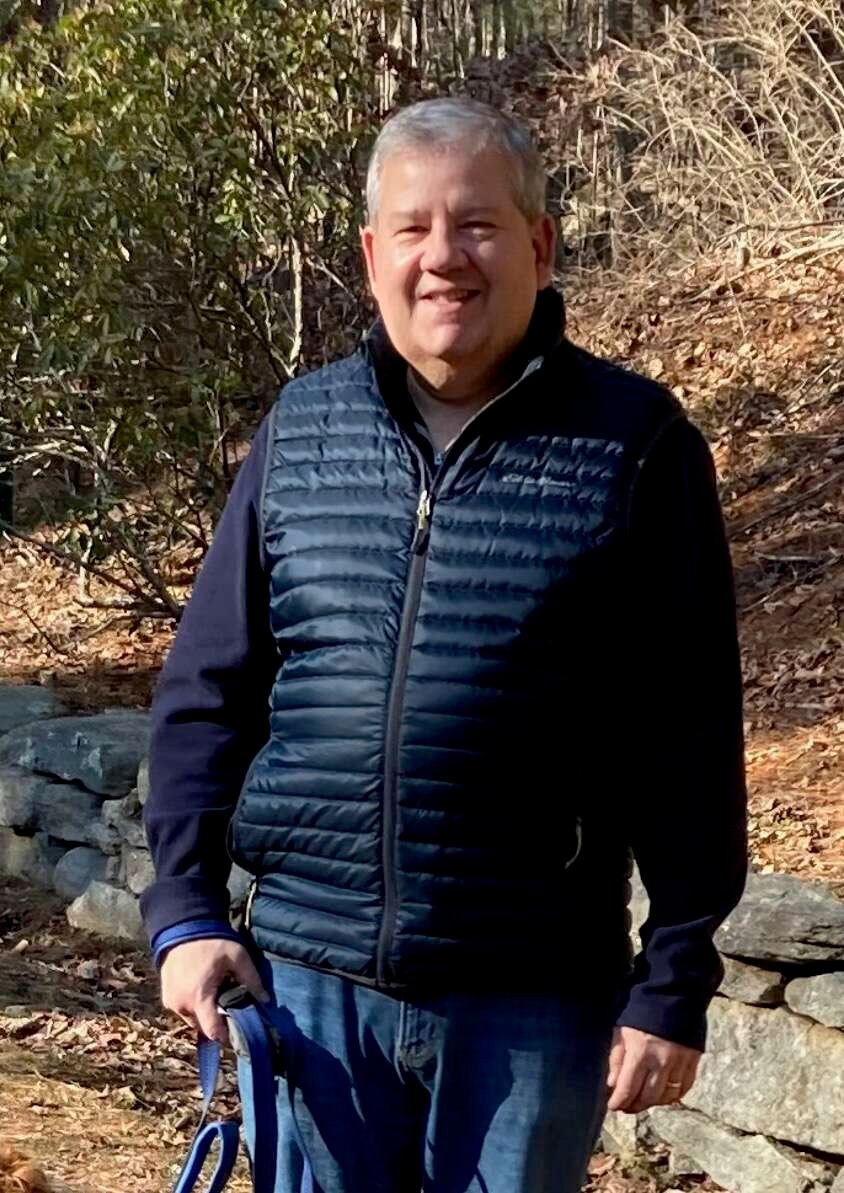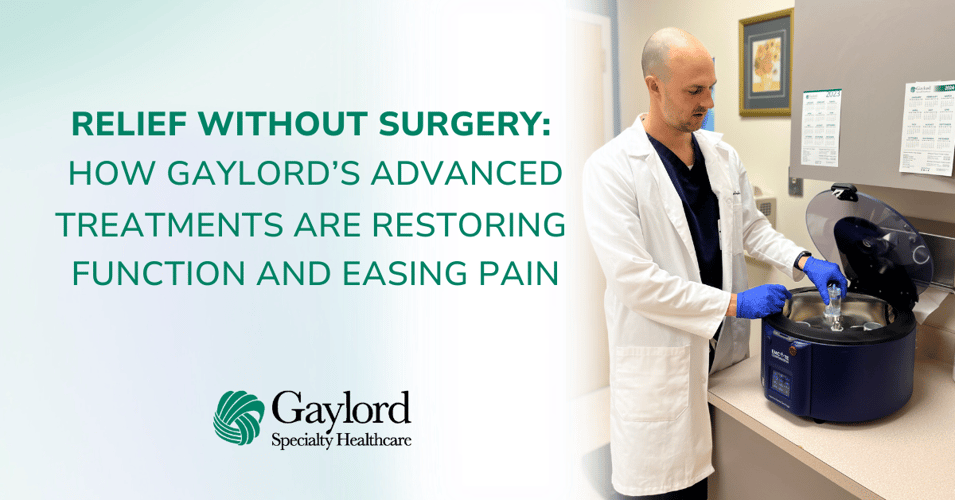
Kaplan Finding Ways to Help People Deal with Pain
It’s a classic maxim: no pain, no gain. Dr. Jerrold Kaplan wants to put that old adage to rest. Jerry spends his working hours dealing with issues of pain. In fact, he does it so well that the Hartford Business Journal named him a Heathcare Hero in 2022.
A Chester resident, Jerry is the medical director of Outpatient and Workers’ Compensation Services and director of the Concussion Program at Gaylord Specialty Healthcare in Wallingford.
There is no pain involved in a regular weekend stop for Jerry. On Sundays, look for him at Honeycone Craft Ice Cream on Main Street in Chester. His favorite: Italian rainbow cookie on a waffle cone.
“Nothing beats it,” he says.
Weekends for Jerry also involve canoeing and kayaking with his wife Andrea on Cedar Lake, both for the exercise and the opportunity to observe local wildlife. Recently, he reports seeing a river otter in the lake.
The couple’s travels to observe wildlife range far beyond Connecticut. In Australia, they saw koalas, as well as the world’s smallest penguin species, the 14-inch Korora penguins.
In Ecuador, the Kaplans travelled by plane to Quito, then by a smaller plane, next a motorized canoe and, finally, a paddle canoe to the Napo Wildlife Center in the Amazon rainforest. They have also traveled to Antarctica and Africa to see native birds and animals.
In Alaska, they visited Brook Falls at Katmai National Park, where salmon swimming upstream jump the six-foot waterfall to continue their journey, and famously large grizzly bears make meals of the leaping fish. They had a bear orientation session as a part of the trip, but Jerry says the bears weren’t interested in the visitors.
“They were interested in the salmon,” he says.
Jerry and Andrea lived in Hamden before moving to Chester some 10 years ago. At first, they had been looking for a weekend retreat. Jerry recalls that it was Andrea who found Chester, but discovering the town changed their plans. Soon, they had decided on buying a primary residence.
“Chester is a wonderful town. Great resources, great people,” Jerry says.
Jerry is a physiatrist. That is not is not a spelling error. It’s not psychiatrist with a typo. Still, when Jerry explains what physiatry does, he does not lead off with the word. He explains that his medical specialty deals with complex issues that can involve neurology, muscular and skeletal issues, internal medicine, rheumatology, and others.
“Then I use the word physiatry,” he says.
Jerry explains that, in most situations, physiatry tries to treat patients without using pain medication as a first resort.
“It is quick and easy to prescribe a painkiller, but it is better to find out what is causing the pain than just prescribing an anti-inflammatory,” he says.
According to Jerry, one of the goals of treatment is to have patients develop a greater understanding of their condition, so they can formulate realistic goals for outcomes and work with their physicians to achieve those goals. To that end, Jerry’s first meeting with a patient to examine and talk about issues surrounding the pain takes an hour.
As a result of the pandemic, physiatrists like Jerry have been involved in the treatment of the assortment of lingering conditions that have come to be known as Long COVID.
Issues involve everything from respiratory problems to chronic fatigue and brain fog. At Gaylord, Jerry has developed one of the country’s first outpatient post-COVID recovery programs. He thinks the development of this program was a key factor in him being named a Healthcare Hero.
When he started medical school at the University of Pennsylvania (UPenn), Jerry had never heard of physiatry. He had been thinking of an orthopedic specialty.
“Fortunately for me, UPenn had a physiatry rotation,” he says.
Jerry says there is now a growing demand for physiatrists. The opioid crisis, growing from the overuse use of narcotic substances to control pain, has emphasized the importance of the pain-control work that physiatrists do.
Still, Jerry says that there are relatively few medical residencies in physiatry compared to other medical specialties. Gaylord has recently established the first residency program in Connecticut. Otherwise, Jerry points out, young doctors looking for physiatry residencies have to go to Boston or New York.
“There are not enough spaces,” he says.
Since moving to Chester, Jerry has continued as assistant Scoutmaster with Boy Scout Troop 210 in Hamden, and he’s introduced the troop to this area. This year, the group hiked and camped in Cockaponset State Forest at the Pattaconk Lake Recreation Area. Beyond his scout activity, Jerry hikes frequently at Cockaponset.
On weekends, in addition to his ice cream stop, Jerry has grandchildren to visit in Connecticut and a 93-year-old father who lives at Chester Village West.
Jerry also has a full travel schedule for the rest of this year. With neighbors, he plans to go horseback riding in Gettysburg, Pennsylvania in May. Jerry’s summer plans include a family trip to California with grandchildren for Disneyland, along with his son Jonathan, whose goal it is to visit every Major League Baseball stadium in the country.
Still, wildlife travels notwithstanding, Jerry and Andrea have a prime seat for eagle watching right in Chester.
“We can see them from our kitchen window,” Jerry says.
